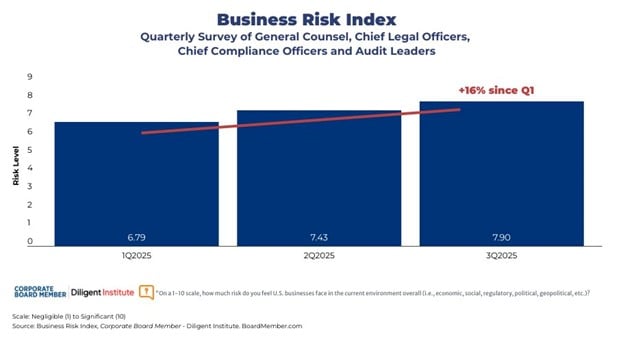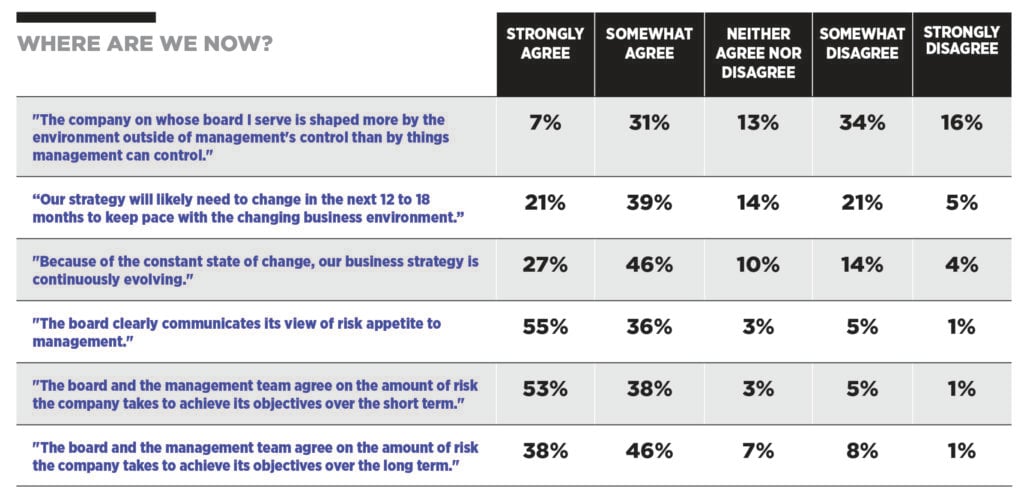 The COVID-19 disruption to the world economy is staggering. Boards and executives everywhere are understandably consumed with triaging the many challenges brought by the pandemic.
The COVID-19 disruption to the world economy is staggering. Boards and executives everywhere are understandably consumed with triaging the many challenges brought by the pandemic.
But that shouldn’t stop them from recognizing and trying to minimize the risk of employees turning to unethical practices in tight times.
Bribery and corruption today can turn into protracted government investigations and staggering fines later due to the U.S. government’s enforcement of the Foreign Corrupt Practices Act (FCPA). Taking strong prophylactic measures in the midst of turmoil may be difficult, but it can help prevent illegal acts or mitigate the consequences in years to come.
FCPA enforcement has been on the rise the past 20 years, in many instances resulting in eye-popping fines. Between 1978 and 2000, there were just over 50 enforcement actions total. That number has increased exponentially since then.
In 2016 alone there were nearly 60 enforcement actions. That year, U.S. sanctions for violations of the FCPA topped $2.4 billion, and an additional $3.7 billion were imposed by foreign governments. And there’s no reason to think that the government will relax this emphasis in the wake of this once-in-a-century health and economic crisis.
These criminal and civil actions targeted not just companies but their executives and employees. For example, in 2018 Westport Fuel Systems, Inc. and its former CEO Nancy Gougary settled proceedings with the SEC. The SEC determined that Westport, Gougharty, and others engaged in a scheme to bribe a Chinese government official to obtain business. Westport ended up paying $4,046,000 and Gougarty $120,000.
Between 2018 and 2019, the Department of Justice charged over 20 individuals with violations of the FCPA related to schemes to bribe officials at Petroleos de Venezuela S.A. (PDVSA). These individuals held wide ranging positions at various companies. And in late 2019, after a three-week criminal trial, the former co-president of Transportation Logistics, Inc. was found guilty of four counts of violating the FCPA, two counts of wire fraud, and one count of conspiracy to violate the FCPA and commit wire fraud.
What can executives and boards of directors do now to avoid this type of corporate and personal liability later? Consider some of the following:
• Board members should be trained on the FCPA, including on risk areas within the industry and ways issues arise. This will help directors be vigilant in asking questions of key stakeholders and spotting problems.
• Ensure the CEO and leadership team send clear messages to employees to act ethically, particularly in turbulent times when there may be a temptation to cut corners. Messages should come not only from those with roles such as the chief compliance officer, but also business executives such as the vice-president of sales, regional presidents, group presidents, and the VPs of marketing and supply chain.
• Emphasize that any issues with products being blocked or delayed at borders should be handled appropriately and transparently, and carefully scrutinize any extra fees or fines passed through by customs brokers or other intermediaries that could raise red flags later.
• Know that in times like these, there could be an increase in corrupt government employees asking for money to release records or perform routine government tasks. We could also see an increase in payments demanded to allow movement across borders or release individuals from unsafe physical locations. Ensure that employees know these types of payments should be disclosed within the company, and that finance knows they should be recorded accurately in the company’s books.
• Ensure that any M&A activity includes thorough diligence on both the state of compliance programs at the target and any potential FCPA violations reported or investigated at the target. Through the concept of successor liability, companies can acquire these liabilities and should carefully consider the potential impact in valuing and assessing deals.
It’s understandable that C-suite executives are focused just on survival right now. But the past two decades of increasingly aggressive FCPA enforcement actions has put those same executives on notice that in a time of crisis, it’s more important than ever to remain vigilant against ethical missteps that may have dire consequences much later.
The DoJ is unlikely to forgive FCPA lapses because a business confronted these jarring economic events. Fortunately for corporate leaders, focusing on the long-term in times of crisis is a proven antidote against the threat bribery and corruption pose to their company’s business practices.







